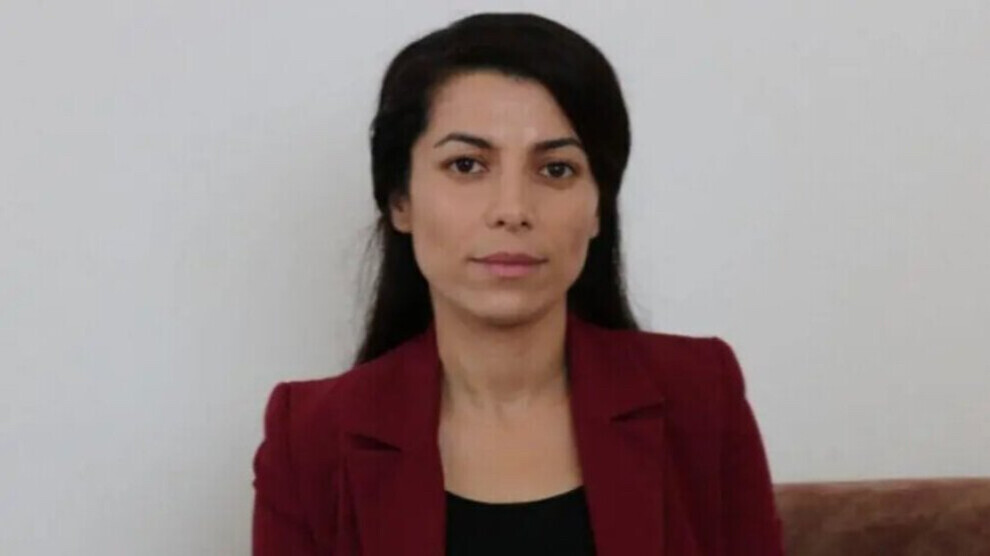'The death sentence against Warisha Moradi must be annulled immediately'
Kurdish activist Warisha Moradi, whose trial continues at Iran's Supreme Court, is at risk of imminent execution.
Kurdish activist Warisha Moradi, whose trial continues at Iran's Supreme Court, is at risk of imminent execution.

In its 62nd week, the 'No to Executions Tuesdays' campaign, which is participated by political prisoners in 38 prisons in Eastern Kurdistan and Iran, denounced the fact that the Iranian regime continues to carry out executions during Newroz and Ramadan.
The statement warned that the Iranian regime may speed up executions at the end of the holidays and called for Warisha Moradi’s death sentence to be annulled immediately, calling it “a deliberate state murder”.
The campaign called on all liberals and defenders of prisoners' rights to take action against death sentences.
The 'No to Executions Tuesdays' campaign has called for protests against the death penalty in front of prisons and in all areas. Launched on January 9, 2023, the campaign continues the struggle against the death penalty in Iran and Eastern Kurdistan.
The campaign urges human rights defenders and the international community to take urgent steps to stop the death sentence against Warisha Moradi, among others.
According to the 17th Annual Report on the Death Penalty in Iran, the year 2024 witnessed at least 975 executions, marking a 17% increase from the 834 recorded in 2023.
Warisha Moradi
Warisha Moradi, also known as Ciwana Sine, was arrested on 1 August 2023 during a police check near her hometown of Sine (Sanandaj) and was initially the victim of a forced disappearance. The Kurdish woman is a member of the "Community of Free Women of Rojhilat" (KJAR), the umbrella organization of the Kurdish women's movement in East Kurdistan and Iran, and was committed to women's and feminist issues. Iran's regime judiciary sees the KJAR as a "separatist terrorist organization" because it is part of the Free Life in Kurdistan Party (PJAK). The PJAK resists the oppression and discrimination of the Kurdish people and advocates for women's liberation, autonomy and democracy in Iran.
After Moradi's abduction, her whereabouts were unclear for months. It was only through research by the French-based human rights organization Kurdistan Human Rights Network (KHRN) that it became known that the activist had been brutally tortured, mistreated and interrogated by the Iranian Secret Service in Sine for weeks after her arrest, until she was transferred to Tehran at the end of August last year. There she was held for months in the notorious high-security wing 209 of Evin prison - also subjected to torture and mistreatment, with the aim of breaking her or forcing her to confess. Moradi has been in the women's section of the prison since the beginning of January. She has been denied access to legal counsel for most of the time. The KHRN and other human rights groups described the trial against the activist as grossly unfair. It lasted only a few minutes; Moradi was not allowed to defend herself and her lawyers were not given access to the files. On hunger strike against the death penalty
In October, Warisha Moradi went on a hunger strike lasting almost three weeks to protest against the inhumane conditions in the Iranian regime's prisons and the death penalty. Only after numerous appeals from the KJAR as well as NGOs and civil rights activists, women's rights activists and other human rights defenders did she end the action. During the hunger strike, the 38-year-old's condition was at times life-threatening due to her already poor health and the torture she had suffered in custody. According to KJAR, she could have collapsed, fallen into a coma or died at any time. Her lawyers have announced that they will take action against the death sentence against Warisha Moradi and force an appeal.